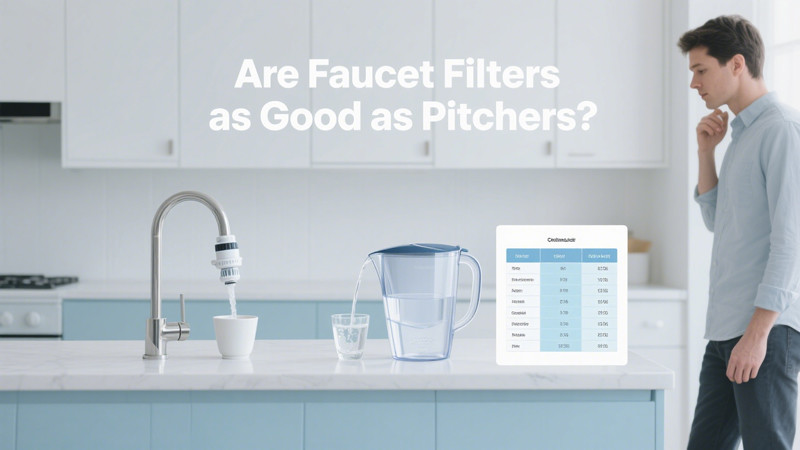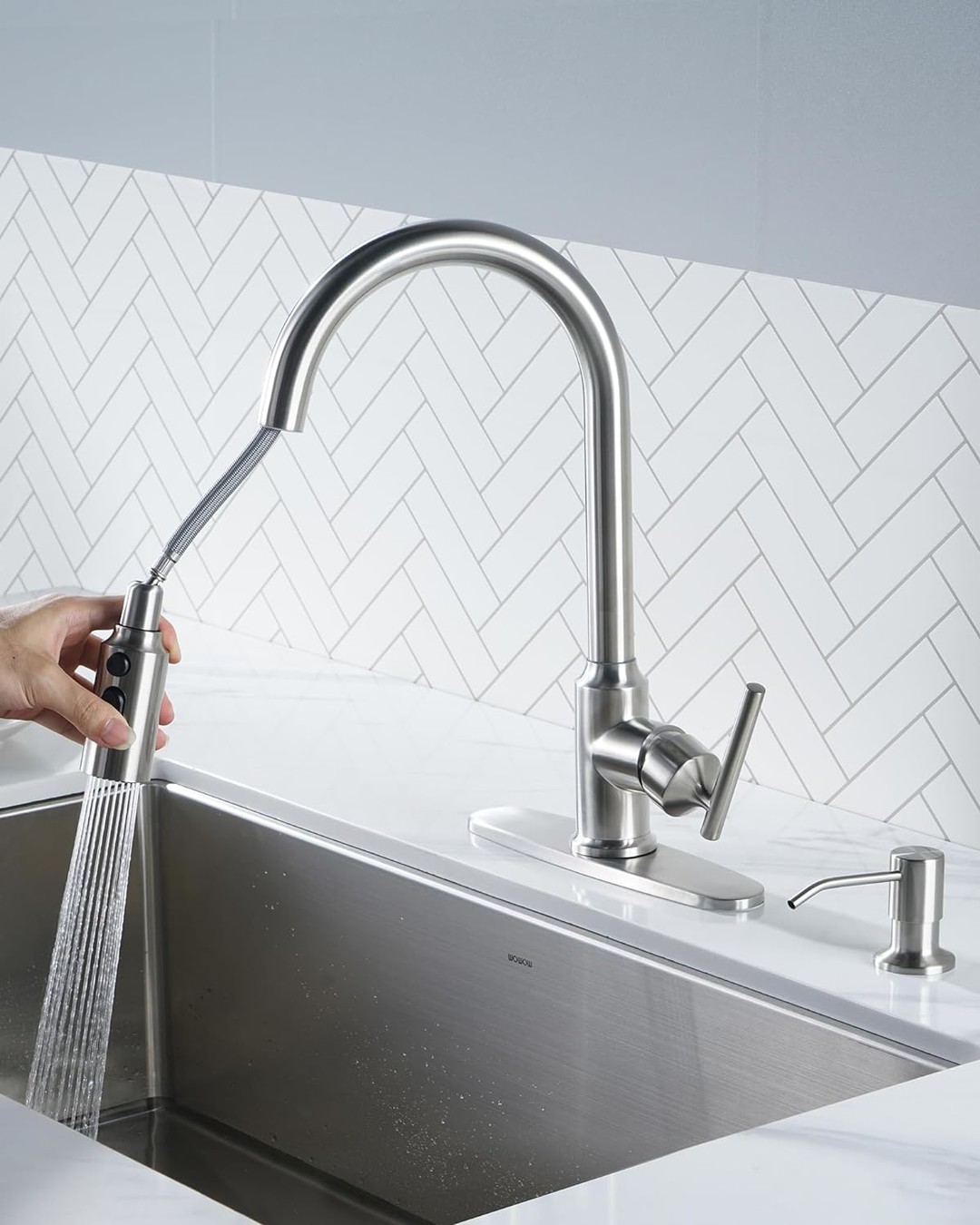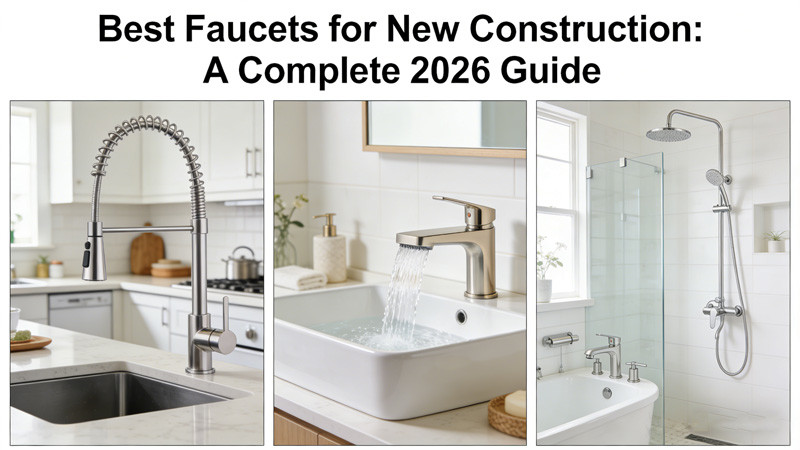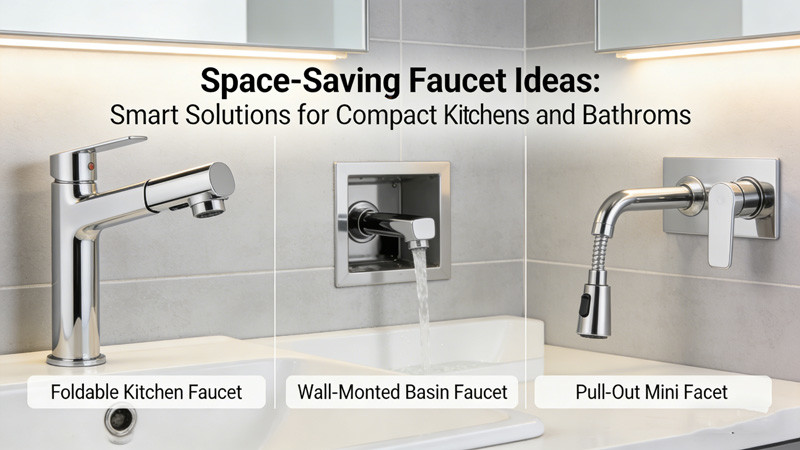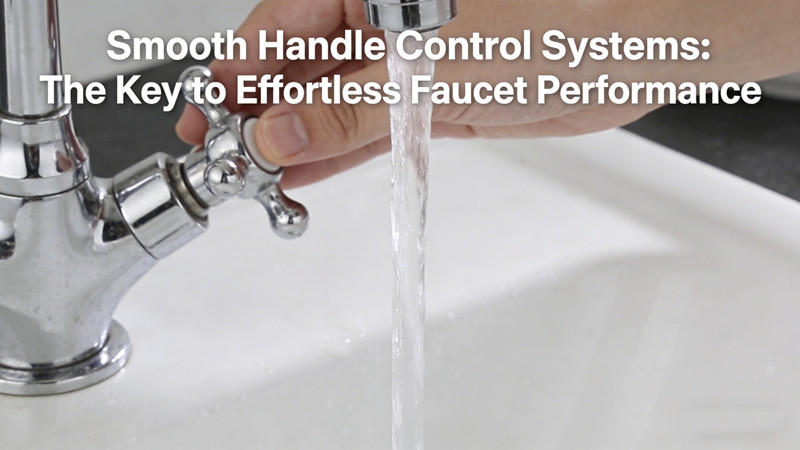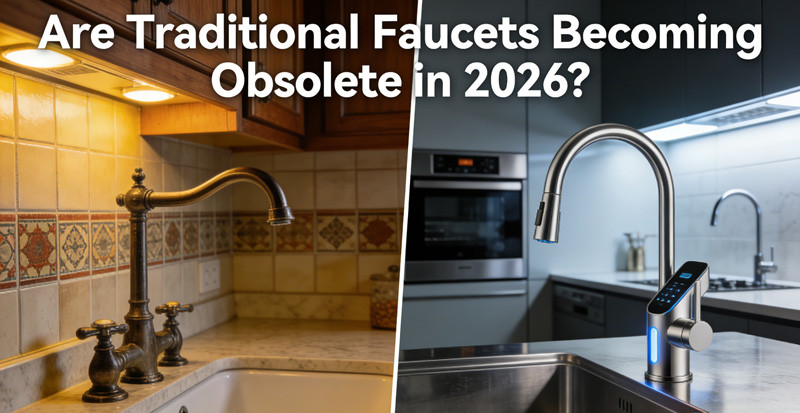Clean drinking water is a top priority for households everywhere, and with concerns over contaminants like lead, chlorine, and microplastics, many people turn to water filtration systems. Among the most popular options are faucet-mounted filters and pitcher filters — both offering convenience and improved water quality. But are faucet filters really as good as pitchers? Which is more effective, efficient, and worth the investment?
Let’s dive into how faucet-mounted filters and pitcher filters work, compare their pros and cons, and ultimately help you decide which system is right for your home.
How Faucet Filters Work
Faucet filters are devices that attach directly to your kitchen faucet, filtering water as it flows. These filters usually use activated carbon or multi-stage filtration systems to remove impurities like:
- Chlorine and chloramine
- Sediment and rust
- Heavy metals (e.g., lead, mercury)
- Some pesticides and VOCs
Some advanced faucet filters can also reduce microbial contaminants or even pharmaceuticals. When you turn on your faucet, water flows through the filter before coming out, offering immediate access to filtered water.
How Pitcher Filters Work
Pitcher filters are containers with a built-in filter that you fill manually. Water passes slowly through a filter — often made of activated carbon or ion exchange resins — and collects in a reservoir for storage and pouring. Brands like Brita, PUR, and ZeroWater dominate this category.
Pitcher filters also aim to remove:
- Chlorine and odor
- Sediment
- Some heavy metals (lead, copper)
- In some models, fluoride and other contaminants
However, due to the size and design, they usually have slower flow rates and more limited filtration stages than faucet-mounted systems.
Comparison: Faucet Filters vs. Pitchers
Here’s how they stack up in key areas:
1. Filtration Performance
Faucet Filters:
- Tend to have more advanced filtration systems, especially multi-stage filters.
- Some are NSF/ANSI certified to remove lead, cysts, and other contaminants not always filtered by pitchers.
- Provide on-demand filtration, which is helpful for cooking, washing produce, or filling pots.
Pitcher Filters:
- Generally designed for basic filtration, removing chlorine taste, odor, and some heavy metals.
- Effectiveness can vary widely by brand and model.
- May not be as effective for larger particles or bacteria.
Winner: Faucet filters, especially if you’re concerned about more than just taste and smell.
2. Convenience
Faucet Filters:
- Provide continuous access to filtered water.
- No refilling required.
- Most models offer a switch between filtered and unfiltered water to extend filter life.
- Installation may require tools or adapters (though usually simple).
Pitcher Filters:
- Require manual filling and waiting for water to pass through the filter.
- Limited capacity — not ideal for larger households or high-volume use.
- Portable and don’t require installation.
Winner: Faucet filters for daily use and larger households. Pitchers are better for small-scale or portable filtering.
3. Cost and Maintenance
Faucet Filters:
- Units cost between $20 and $70, with replacement cartridges ranging from $10 to $30.
- Cartridges usually last 2 to 3 months or 100–200 gallons, depending on usage.
Pitcher Filters:
- Pitchers range from $15 to $50.
- Filters cost about $5 to $15, and last 1 to 2 months or 40–100 gallons.
Winner: Tie. Pitchers are cheaper upfront, but faucet filters may last longer and offer better long-term value.
4. Environmental Impact
Faucet Filters:
- Fewer plastic cartridges per gallon of water filtered.
- Reduces need for bottled water.
- Some brands offer recycling programs for used filters.
Pitcher Filters:
- Smaller filters = more frequent replacements and more waste.
- Refilling might cause increased water usage over time.
Winner: Faucet filters, for lower plastic use over time.
5. Aesthetic and Compatibility
Faucet Filters:
- May not work with all faucet types (e.g., pull-out sprayers).
- Can be bulky or unattractive on certain sinks.
Pitcher Filters:
- Sleek, modern designs fit in fridges or on countertops.
- No effect on faucet functionality.
Winner: Pitcher filters, for versatility and looks.
So, Are Faucet Filters as Good as Pitchers?
In most ways — yes, and in many cases, even better. Faucet filters tend to be more effective at removing a broader range of contaminants, more convenient for frequent water usage, and better for the environment in the long term. They’re especially useful for families, serious home cooks, and those living in areas with known water quality issues.
However, pitcher filters still hold their own. They’re ideal for:
- Renters or dorms (no installation)
- Budget-conscious consumers
- Casual users mostly interested in taste improvement
- Refrigerated, cold water access
Final Thoughts
Choosing between a faucet filter and a pitcher filter depends on your specific needs, water quality, budget, and lifestyle. If you’re looking for simplicity and just want better-tasting water, a pitcher may be all you need. But if you’re more concerned about long-term health, convenience, and household usage, faucet-mounted filters are the clear winner.
No matter which option you choose, both systems offer a major improvement over unfiltered tap water — and are far more sustainable than bottled water. Clean water is worth the investment.
 WOWOW Faucets
WOWOW Faucets